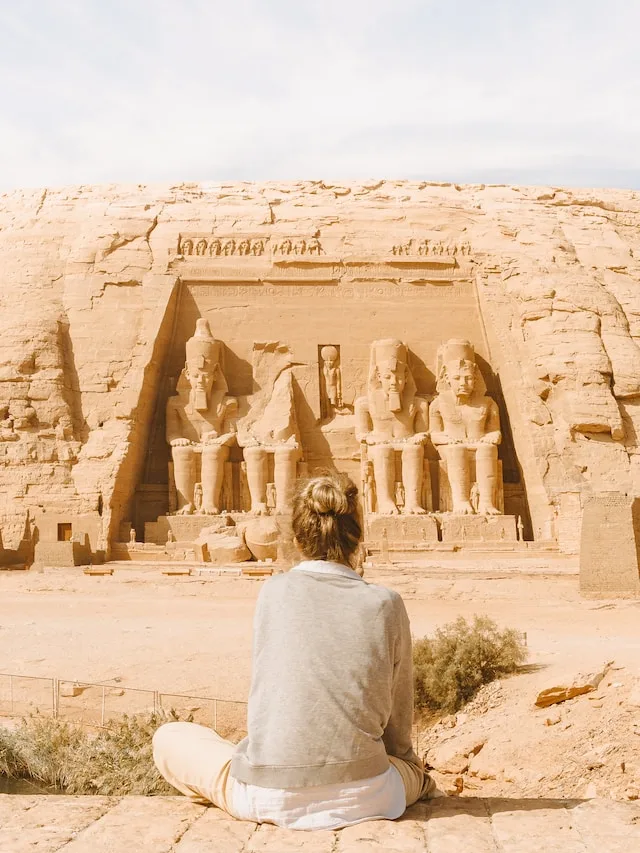Child welfare guidelines
Gain insights into the evolution of child welfare policies and their impact on vulnerable children.
practical ways to support child welfare during your travels.

Photos
Taking pictures of children while traveling without their permission can be a sensitive issue for various reasons. It’s important to respect cultural, ethical, and moral values of the places you visit, and the people you encounter on your journey. To avoid any potential risks or offending someone, it’s best to ask for permission first before taking pictures of children. If permission is not granted, it’s best to move on and respect the individual’s wishes. Remember, taking pictures should be done with respect, sensitivity, and care for everyone’s privacy and personal boundaries

Schools

Gifts and souvenirs
Helping street children by giving them gifts or money may not be a sustainable solution and can perpetuate poverty. Instead, supporting local organizations that provide education, healthcare, and basic needs is a better way to empower them. We can also offer food or clothing, engage with them, and learn about their stories. Supporting local businesses that provide employment to their families can also help break the cycle of poverty and provide a better future for these vulnerable children.

Child welfare & safety
If you ever come across a child who seems to be in a situation that is not right, then it is important that you do the right thing and report it immediately. Trust your instincts and don’t dismiss the situation without finding out more. Children are vulnerable, and it is our responsibility as adults to protect them from harm. It could be a case of abuse, neglect, or any other form of mistreatment. Reporting the situation to the authorities will ensure that the child gets the help and support they need, and the situation can be investigated further. Remember, it’s always better to be safe than sorry, and speaking up could make all the difference to a child’s life and well-being.
Egyptiva has a zero-tolerance policy on child abuse and takes every necessary precaution to protect the welfare of children on their trips.
Child welfare guidelines
Do...
- Do treat children and young people with respect to help to promote their self-esteem and self-confidence.
- Do avoid talking down to them or using a condescending tone.
- Do use age-appropriate language and listen to what they have to say, without interrupting or dismissing their opinions.
- Do ask permission before snapping any photos. If someone is obviously uncomfortable, avoid taking images of them or ones that devalue their dignity.
- Do be mindful that the rights and privacy of children must always be respected when using or sharing any images of them.
Don't...
- Don't Share personal contact information with children or teens, such as your address, phone number, social network information, or email address.
- Don't be alone with a child without supervisio. Always maintain appropriate boundaries and make sure there is a third party present when interacting with them
- Don't offer personal care or hygiene advice to youngsters you meet, since this may put you at danger of being accused of abuse.
- Don't act in a way that is or may be seen as indecent, threatening, or sexually provocative, and bear in mind that many countries can be more conservative than your home country.

Subscribing to our newsletter today will allow you to begin exploring our lovely globe! You can unsubscribe at any time.
